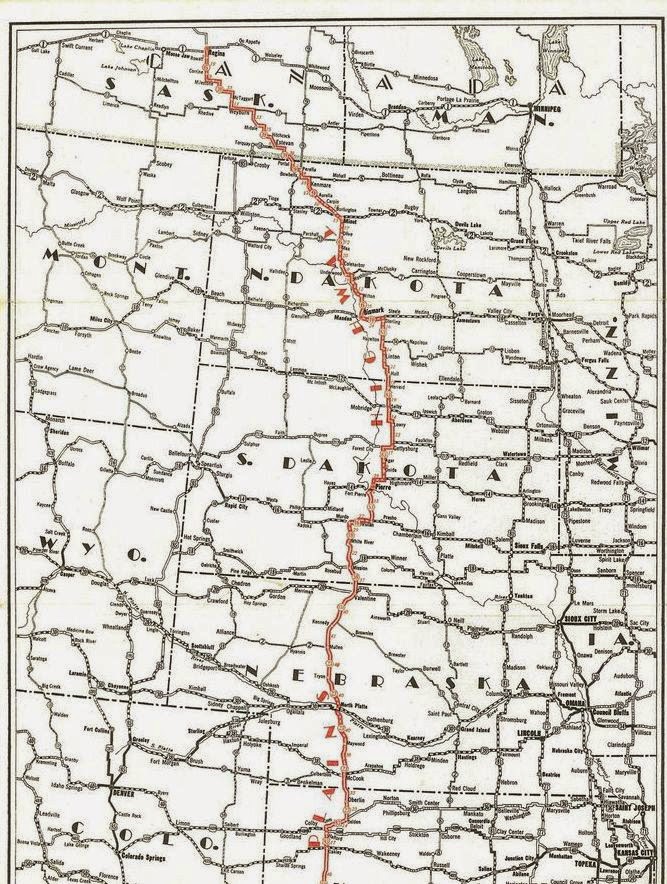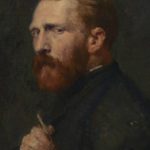
In today’s marketplace, a memoir that attracts the attention of an agent pursues some story question.
Without a story question, your memoir runs the risk of falling into family history, which may be deeply important to you, but not so interesting to anyone else. A story question keeps the action moving; it keeps the reader engaged.
Memoir is like any other story; it is the exploration of something unknown—a search through memories and thoughtfulness to find understanding. That unknown answer, and the search for that answer is what propels your story forward. If you are not ordering your material in an effort to find that answer, you are probably just recording autobiographical stuff—family members, where you lived, schools, family traditions, and the like—and while that information would be useful in a genealogy, it bores in the memoir.
Just as in a piece of fiction, details in a memoir become weighty when they are put in context, and when you have a story question driving the content of your memoir you see which details are pertinent and where they belong.
Here’s an example: You want to write about a woman who influenced your growing up years, someone you feel conflicted about, so you start with where you were born and grew up, and all the people and places and events you remember that led you to the important person—let’s say Glinda. Makes sense, right? Because that’s the way you lived it and everything that happened before Glinda is essential so the reader will get it, right?
Well, unfortunately: No.
All that backstory is only important if it pertains to your process of you figuring out how Glinda affected you.
Your story starts with Glinda and some key moment in memory that illustrates how she affected you and what it is you are trying to learn.
And then you get on with it. Go forward in your sleuthing. Dribble in tidbits of backstory where essential to make sense of your drive toward understanding. Through all the memories, and all the pondering, and all the scenes, and all the reflection, keep maneuvering to answer the question: Why is Glinda so pivotal in my life and what do I understand now? Every piece you write must add to finding that answer. Anything that does not further the answering of your question does not belong there.
A reader always asks herself: Why should I care? and she only cares if she is hooked by her need to find out what you did about your problem.

Think of your memoir as a car on the highway. If you don’t have an end destination when you leave home, you might drive a great adventure, but it is apt to wander its way to wherever it ends up with no particular point to the travels except: Wow, I did that.

A memoir today is not built that way. The memoir today needs a route mapped out, and along the way, you only visit places that will get you to your destination.
So, how do you determine that route? How do you find your story question? Ask yourself this: What is it I need to know?
You may not have an answer at the start of your writing. You may need to write out a lot of emotion associated with your memories, and that’s fine. Do that. (Do not however confuse this writing with your memoir.)
In time, as you write out the heat of the memories, you will discern, as if a fog were rising from the highway, the throbbing question at the heart of your heart. You will see what it is you must understand.
Therein lies your story question.

You must be logged in to post a comment.